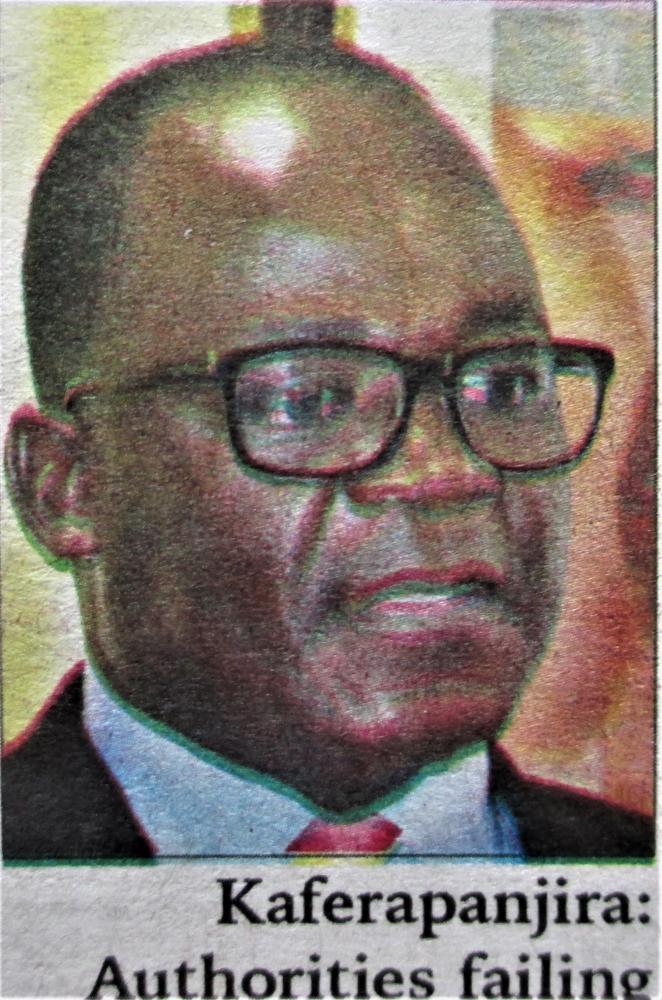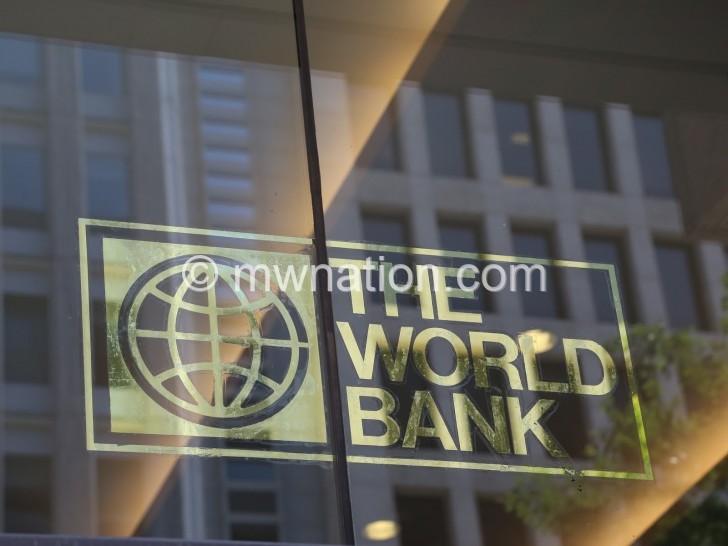
The World Bank has warned that the prevailing energy crisis poses a threat to the country’s World Bank Doing Business ranking.
Speaking on the sidelines of Agenda for Doing Business Forum convened by the Ministry of Industry, Trade and Tourism in Blantyre, World Bank senior private sector specialist Efrem Chilima said lack of reforms implementation in the energy sector is costing the success of initiatives which could have improved the energy situation in the country.
He said: “The challenge in Malawi is that sometimes reforms are done, but implementation is a challenge. Government has a big role to play that these reforms translate. In the energy sector for instance, there are various reforms including those that were made following the unbundling of Electricity Supply Corporation of Malawi [Escom] and Electricity Generation Company [Egenco] which are yet to be implemented if they are to translate.
“So far, if you look into the blackouts, you tend to say more needs to be done on the implementation side than on reforms. Private sector is being affected with electricity as well as corruption, access to finance and high interest rates, which can affect gains made on doing business.”
Malawi was ranked the third topmost reformer in Africa on the 2018 doing business index, moving 23 steps up the ladder to 110 out of 190 economies from 133 last year.
Globally, the country was also ranked in the top 10 reformers in the past year having implemented four reforms that improved the business environment in the areas of dealing with construction permits, getting credit, trading across borders and resolving insolvency.
Malawi Confederation of Chambers of Commerce and Industry (MCCCI) chief executive officer Chancellor Kaferapanjira said in an interview although government has good intentions on addressing the energy crisis, lack of commitment has affected implementation of such plans which in turn has affected their progress.
He said: “We have various programmes lined up to improve energy generation and access in the country but what we see is that despite spending so much energy on consultations and formulating reforms, authorities are failing to commit.
“In the end, we have seen projects deadlines being shifted time and again such as the Kam’mwamba and the interconnection deals.”
The development is coming at a time government in its proposed 2018/19 fiscal plan has failed to directly address the energy sector crisis, as some sectors have observed.
Minister of Finance, Economic Planning and Development Goodall Gondwe said on Friday during his 2018/19 National Budget presentation in Parliament that government recognises that supply side constraints such as intermittent power supply, among others, are still impeding private sector economic activities.
Escom is struggling to supply its customers reliable power largely due to reduced generation capacity because of low water levels in Shire River.
